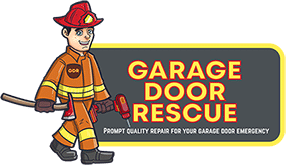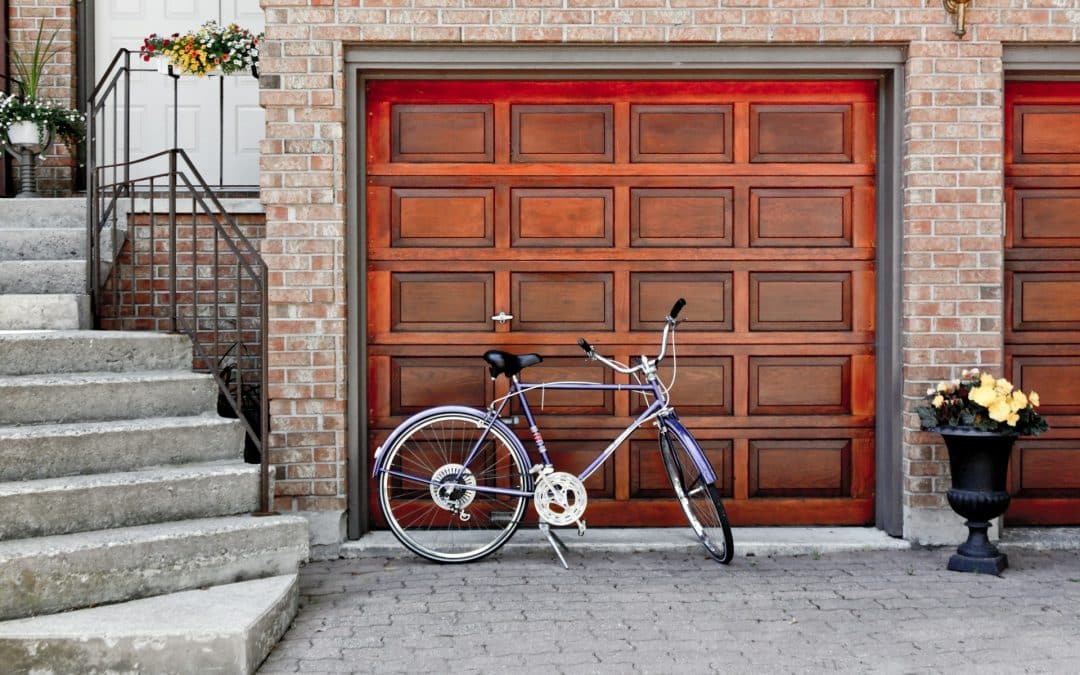A noisy garage door can be quite a nuisance, not only for you but also for your neighbors. If you’ve noticed your garage door making unusual sounds, it’s a good idea to address the problem sooner rather than later. Ignoring these noises can lead to bigger issues, causing more inconvenience and potentially costly repairs.
Understanding why your garage door is making noise can help you fix the problem efficiently. From worn-out rollers to loose hardware, several factors might be at play. By identifying the root cause, you can take the necessary steps to make your garage door operate quietly and smoothly again.
In this guide, we will explore the common causes of garage door noise, how to identify the source, and some DIY fixes. We’ll also discuss when it’s best to call in a professional to ensure your garage door remains in top condition throughout 2025.
Common Causes of Garage Door Noise
There are several reasons why your garage door might be making noise, and understanding these causes can help you address the issue effectively.
One common cause is worn-out rollers. These rollers help the garage door move smoothly along its tracks. Over time, the rollers can wear out, especially if they are made of lower-quality materials like plastic. When these rollers degrade, they can cause a lot of noise as they struggle to move the door.
Another frequent issue involves loose hardware. Your garage door operates with the help of many bolts, nuts, and screws. Over time, the constant movement can cause these parts to become loose. When this happens, metals can start to rattle against each other, producing unusual noises.
Unlubricated parts are also a major contributor to garage door noise. The various moving components of your garage door, such as the springs, hinges, and rollers, need regular lubrication to function correctly. Without proper lubrication, these parts can create friction and noise during operation.
Identifying the Source of the Noise
To fix a noisy garage door, you first need to identify where the noise is coming from. Here’s a step-by-step guide to help you conduct a thorough noise investigation.
Begin by listening carefully as the garage door operates. Take note of the exact moments you hear the noise. Is it when the door opens, closes, or both? This can give you clues about which part might be causing the problem.
Next, visually inspect the garage door while it is moving. Look at the rollers, hinges, springs, and other moving parts. Check for any visible signs of wear or damage. You might see loose bolts or hear specific parts creaking. Differentiating between various types of noises can help you pinpoint the problem. For example, a grinding noise might indicate issues with the rollers, while a rattling sound could mean loose hardware.
To perform a thorough inspection, you’ll need some basic tools like a wrench, screwdriver, and lubricant. Be cautious while inspecting the door; if you’re unsure about any part of the process, it’s best to consult with a professional.
By following these steps, you can identify the source of the noise and take the first step toward a quiet and smoothly operating garage door.
DIY Fixes for Noisy Garage Doors
You can try a few simple fixes at home if your garage door is making noise. Here are some quick solutions for minor issues:
- Tightening Bolts and Screws: Use a wrench or screwdriver to tighten any loose bolts, nuts, or screws you find during your inspection. Loose hardware is a common cause of noisy garage doors.
- Lubricating Moving Parts: Apply a high-quality lubricant to the rollers, hinges, springs, and tracks. This can reduce friction and help the parts move more smoothly, minimizing noise.
If these quick fixes don’t silence your garage door, you might need to replace worn-out rollers. To do this:
1. Disconnect the Garage Door Opener: Safety first; make sure the door cannot be operated automatically during the replacement process.
2. Remove the Old Rollers: Carefully take out the old, worn-out rollers by detaching them from the brackets.
3. Install New Rollers: Place the new rollers into the brackets and securely reattach them.
Adjusting and securing loose hardware is another effective method. If you notice any parts wobbling or shifting during operation, use the appropriate tools to secure them tightly.
When Professional Help is Needed
Certain signs indicate it’s time to call a professional for a noisy garage door. If you notice persistent noises despite your DIY efforts, it could indicate a deeper problem like spring tension issues or motor-related concerns.
Ignoring these persistent noises can be dangerous. The springs and cables in garage doors are under high tension and can cause severe injuries if mishandled. Moreover, a malfunctioning door can become a safety risk over time.
Professional assessment and repair offer several benefits. Experts can accurately identify the problem and fix it safely. They also have the proper tools and experience to handle complex issues, ensuring your garage door operates smoothly. Plus, they can perform a complete inspection, spotting other potential problems before they turn into costly repairs.
Conclusion
Taking care of a noisy garage door is crucial for both convenience and safety. By understanding common causes like worn-out rollers, loose hardware, and unlubricated parts, you can address minor issues on your own. Conduct a thorough noise investigation and try some DIY fixes to see if you can resolve the problem.
However, when your efforts don’t solve the issue, or if you notice more serious signs, it’s best to seek professional help. Ignoring persistent noises can lead to bigger problems down the road, making timely professional intervention essential.
For expert assistance, contact Garage Door Rescue. We specialize in garage door repair, addressing everything from broken springs to flipped cables and more. Keep your garage door running smoothly and safely by reaching out to us today!

